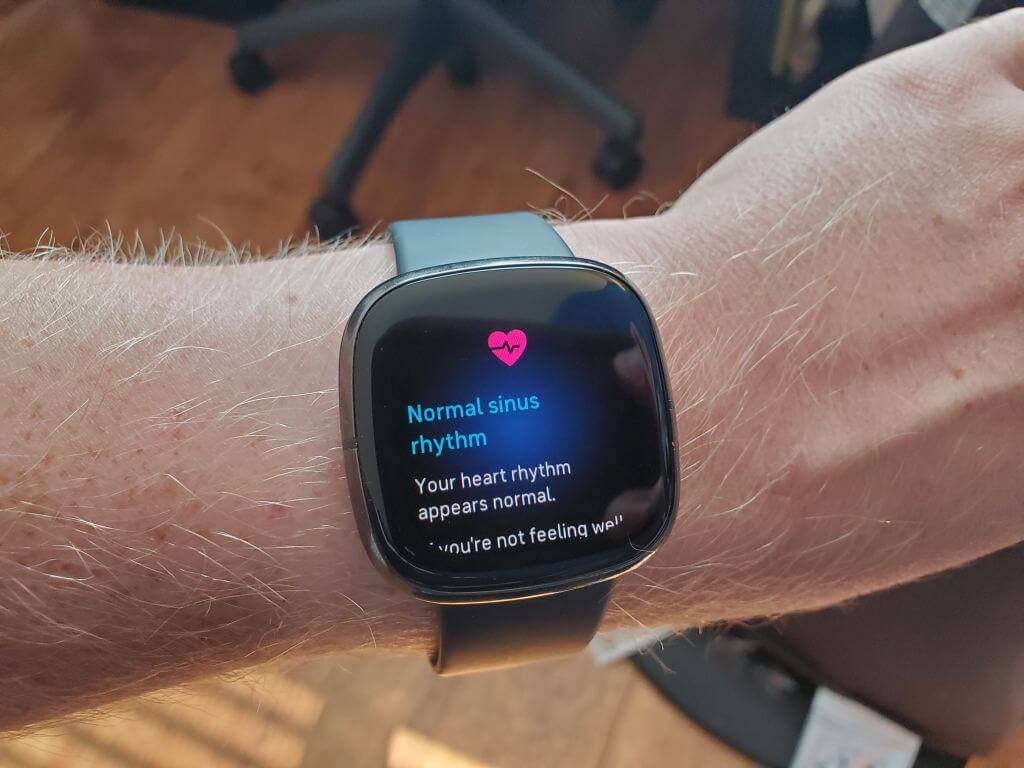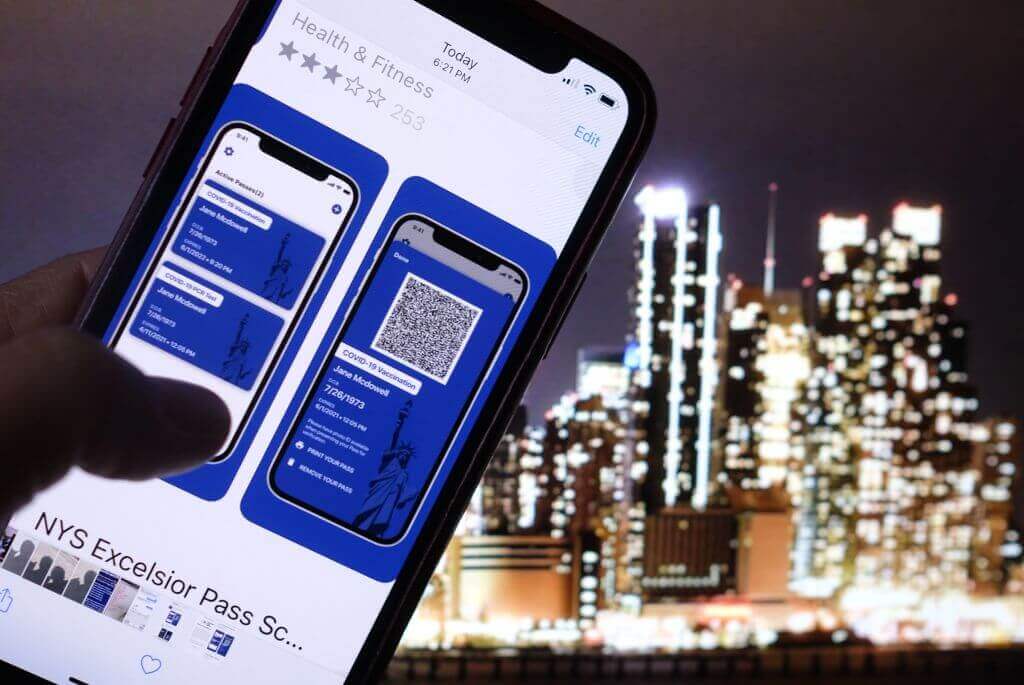Public Prefers In-Person Doctor Visits Post COVID-19 Virtual Care Boom

Key Takeaways
Just 6% of U.S. adults said they prefer a virtual-only care model.
While the public rejected an exclusively virtual care model, there’s still room for telehealth: 35% of consumers said they prefer a hybrid approach that utilizes both in-person and online services.
As the health care industry further embraces virtual care and digital platforms, it is essential that providers make data privacy a top priority given consumers’ worries about the security of their personal health data.
For more data and insight on health care and tech, read our latest analysis on why consumers are worried about the use of AI in the industry.
The COVID-19 pandemic created an explosion in telehealth and virtual care. Patients were forced to stay out of health facilities to help minimize the spread of the virus, and the federal government and major insurers opened up coverage to help fuel utilization.
The near-instant growth in virtual care usage led many to wonder if the pandemic permanently altered how health care will be delivered or if patients would want to go back to the traditional in-person method of receiving health services.
Three years after the COVID-19 pandemic began in the United States, consumers do not want a predominantly virtual health care system.
A new Morning Consult survey found that just 6% of U.S. adults said they prefer a virtual-only care model, compared with 53% who said they prefer an in-person-only model. While virtual care may not usurp in-person care anytime soon, the technology may have won some people over, as at least 35% said they prefer a hybrid model of in-person and virtual care.
Among generational demographics, millennials and Gen Xers were the most likely to say they would like a hybrid model, while baby boomers and Gen Zers were the least likely. Under 1 in 10 adults in each generation said they would prefer virtual-only care.
Consumers Prefer In-Person Care Over Telehealth Visits
Most health care workers, the public view in-person care as better than online services for quality, efficiency
After virtual care skyrocketed during the start of the pandemic, usage decreased a bit and has since leveled off. According to the health care data company FAIR Health, national telehealth usage in January 2021 accounted for 7% of medical claims, compared with 0.24% of claims in January 2020. Meanwhile, telehealth accounted for 5.4% of claims in May 2023.
Virtual care can make seeing the doctor easier for patients who do not want to travel for routine or basic visits. But the technology can also improve access for people in rural areas where doctors may be many miles away and people in urban areas where the distance is not large but the commute can take a significant amount of time.
Telehealth can also connect specialists to parts of the country where there are shortages or allow for consultations for emergency services to be “beamed” into remote areas where doctors may not have a lot of experience with specific cases. Although, insufficient broadband access can limit access to telehealth in rural regions of the country.
Specific demographics at scale: Surveying thousands of consumers around the world every day powers our ability to examine and analyze perceptions and habits of more specific demographics at scale, like those featured here.
Why it matters: Leaders need a better understanding of their audiences when making key decisions. Our comprehensive approach to understanding audience profiles complements the “who” of demographics and the “what” of behavioral data with critical insights and analysis on the “why.”
The pandemic led to a surge in virtual care because the federal government and major insurers opened up their plans to include reimbursement and coverage for a long list of services. Previously, there were strict criteria for Medicare and/or Medicaid to cover the services, like being in a rural area, or telehealth was not covered at all.
Congress extended many temporary pandemic-era coverage flexibilities through December 2024 despite the end of the COVID-19 national and public health emergencies, leaving the question of which services will be covered and for whom up in the air.
Both health care workers and the general public agree that in-person services are better than online regarding the affordability, quality and efficiency of care. The affordability of care had the most variation out of the three questions, but a plurality of U.S. adults and health workers still favored in-person services over online.
Health Workers and the Public Vastly Prefer In-Person Care Over Online Services for Efficiency and Quality of Care
Privacy is a major concern for consumers as hackers target health data
As the health care industry continues to rely more and more on virtual care or telehealth and storing patient records digitally rather than on paper, protecting patient privacy should be a top priority.
The health care industry is one of the most targeted industries by hackers, as researchers argue that the information contains both financial and personal information. An investigative report from Healthcare Dive found in federal records that 385 million patient records were stolen between 2010 and 2022.
The Associated Press reported last week that hospitals and health facilities in multiple states had to shut down operations because their parent company was hit with a ransomware attack, forcing emergency rooms to be closed and ambulances to be diverted to new locations.
In July, it was reported that hackers stole the personal health data of an estimated 11 million patients of HCA Healthcare, one of the largest hospital systems in the country. The data — which included patient names, addresses, date of birth and date of their following appointments — was reportedly being sold online.
Health data privacy is a top concern among consumers. Morning Consult’s data found that nearly 2 in 3 Americans are concerned about the privacy of their health data, including about 3 in 10 who are very concerned.
Nearly 2 in 3 Americans Are Concerned About Health Data Privacy
While telehealth and virtual care skyrocketed over the past three years, the unique environment created by the COVID-19 pandemic fueled a lot of that growth, and consumers have signaled that they prefer to return to in-person care models going forward. However, some do want a hybrid option of virtual and in-person services, which could lead to more virtual adoption as people become more familiar with the technology.
As health care relies more on technology — and tech companies like Apple, Google and Amazon grow their presence in the health space — protecting patient data should be a top priority, especially considering how sensitive the information can be.
Ricky Zipp previously worked at Morning Consult as a health care analyst on the Industry Intelligence team.
Related content

The Public’s Use of Health Apps and Wearables Has Increased in Recent Years. But Digital Health Still Has Room to Grow

AI is Everywhere. But Americans Are Concerned About Its Role in Health Care
